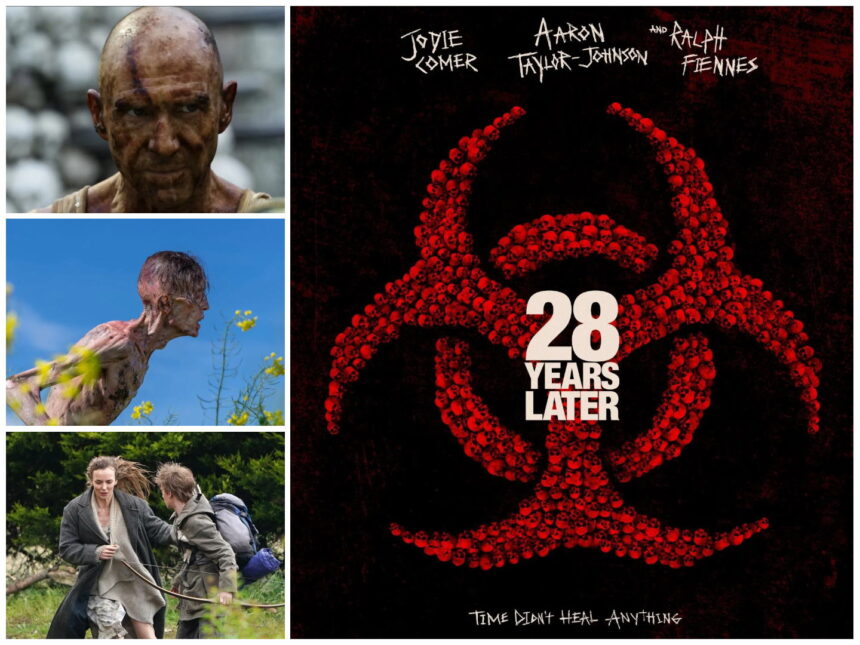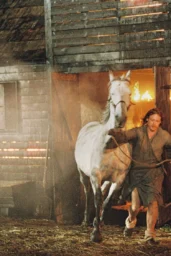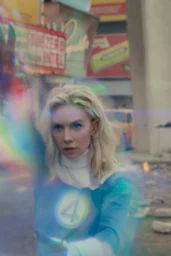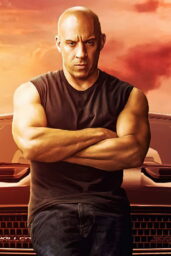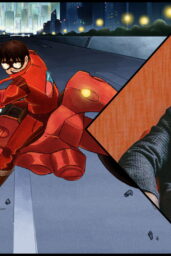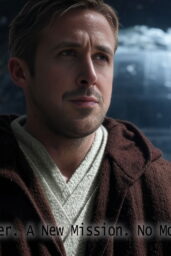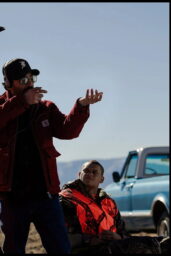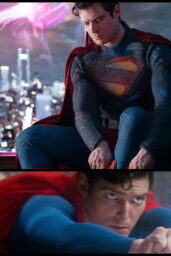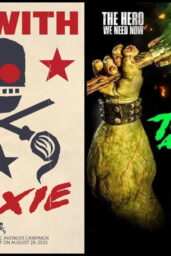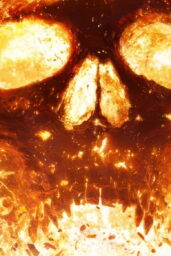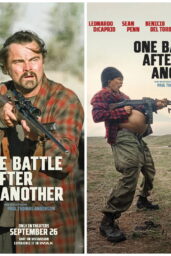“Time Didn't Heal Anything”—And That's the Point
It's been 23 years since 28 Days Later rewired the zombie genre with its feral pace and bleak outlook. Now, with the second official trailer for 28 Years Later, Danny Boyle returns like a long-banished prophet—to remind us that the apocalypse isn't just still raging, it's evolved. And what this trailer reveals isn't just another outbreak story. It's a haunting reckoning with the past, laced with cinematic revenge.
The trailer opens with religious fervor: “This is a glorious day… A day of judgment! Yes my children!” That's not just a line—it's a thesis. We're not watching a sequel. We're watching retribution.
The Return of Rage—and a Franchise With a Memory
Let's be clear: this isn't nostalgia bait. Sure, Cillian Murphy's back (though mostly in Part II: The Bone Temple), and yes, Alex Garland returns to co-write. But this isn't about fan service. It's about unfinished business.
Unlike 2007's 28 Weeks Later, which leaned into military-industrial horror, 28 Years Later dives into post-collapse existential dread. The world hasn't just been infected—it's been abandoned. The Rage Virus isn't just a disease now; it's a metaphor for generational trauma.
And here's the real kicker: it was all shot on an iPhone 15 Pro Max. That's not a gimmick. It's a statement. As IndieWire recently noted, “The democratization of high-end filmmaking is redefining what cinematic horror can look like.” It's raw. It's immediate. It's unnervingly intimate—like we're part of the chaos, not just watching it.
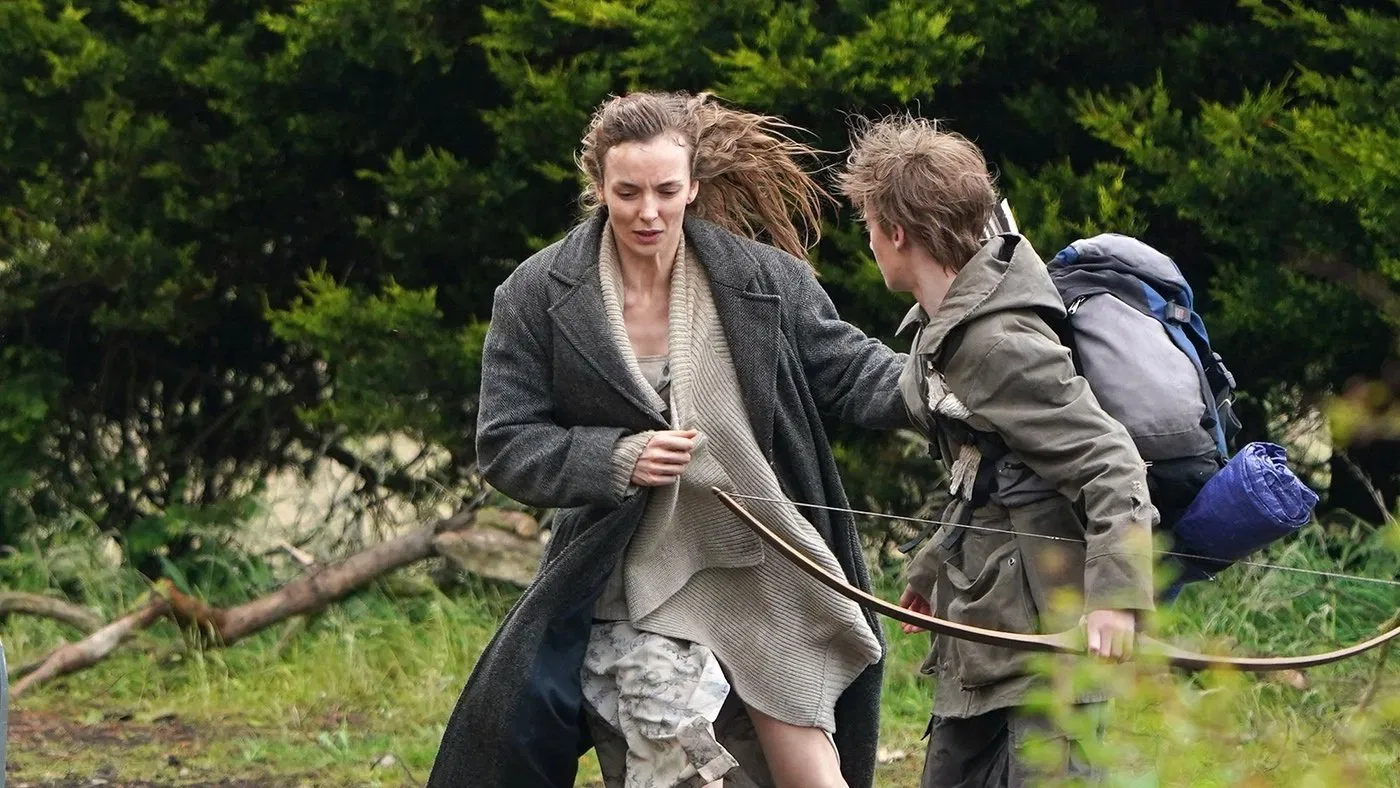
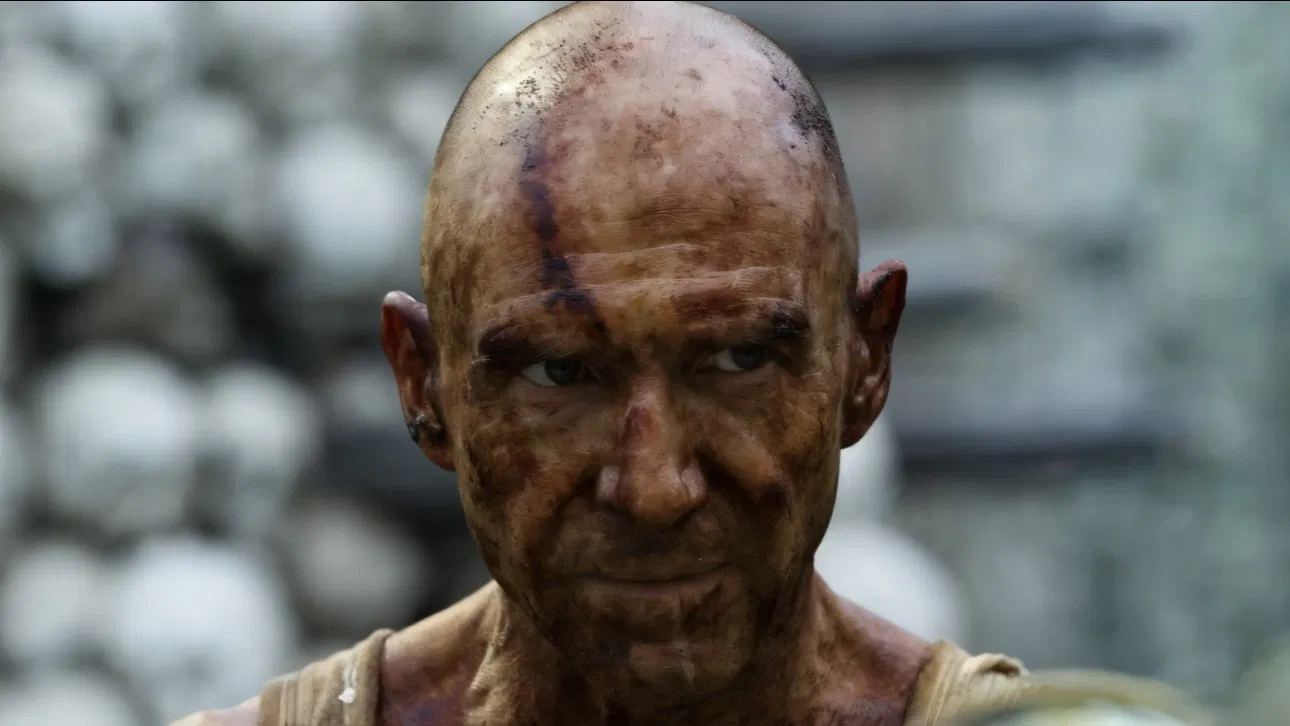
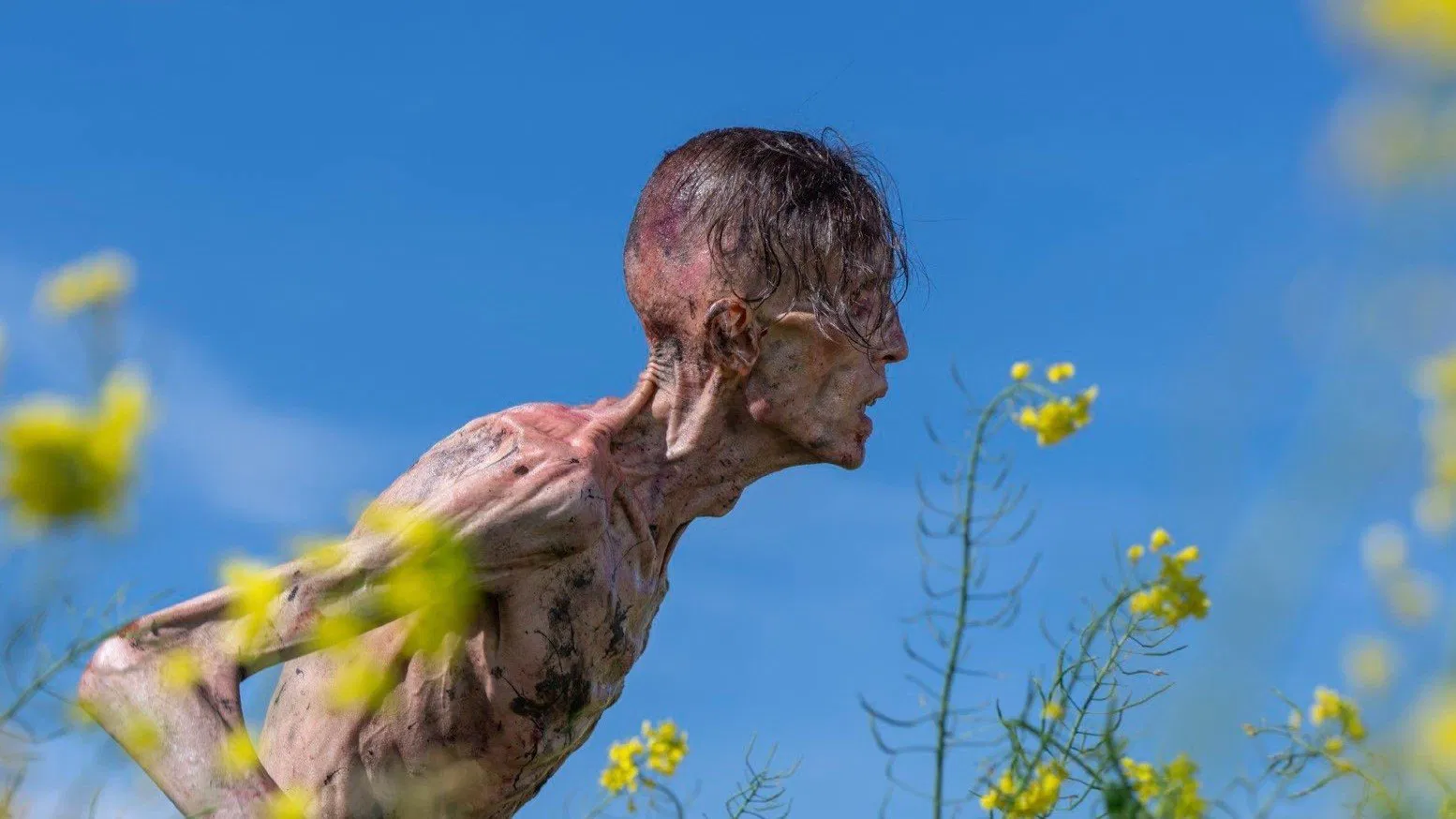
Fast Zombies, Faster Commentary
The trailer isn't just scary. It's purposefully unnerving. From quick-cut glimpses of Jodie Comer and Aaron Taylor-Johnson scrambling through ash-covered ruins, to Ralph Fiennes embodying something between a warlord and a prophet, the tone feels less like a traditional horror sequel and more like Children of Men had a bloody collision with The Road.
But the most jarring part? The silence.
The trailer doesn't over-rely on jump scares or bombastic music. Instead, it creates horror through absence—missing civilization, missing hope, missing closure. Just like time itself.
Remember when Mad Max: Fury Road shattered genre expectations with its world-building and kinetic energy? Boyle seems to be chasing a similar reinvention. Not just of the zombie genre, but of what a sequel can be—how it can interrogate the trauma its predecessors left behind.
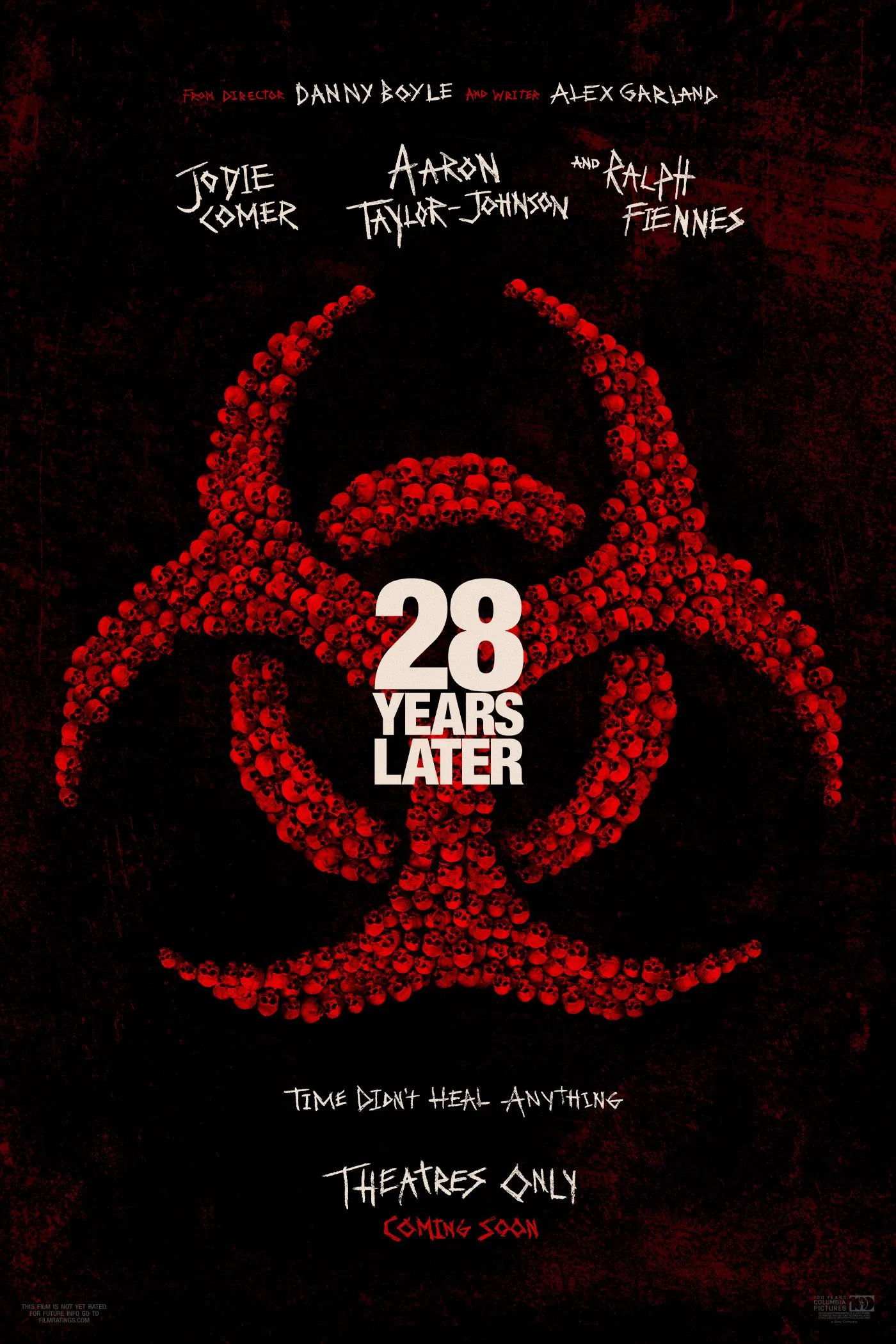
A Pattern, or a Pivot Point?
Hollywood loves recycling IP. But there's a difference between lazy reboots (The Exorcist: Believer, anyone?) and intentional evolution. 28 Years Later feels like the latter. Like Blade Runner 2049, or Top Gun: Maverick, it's helmed by the original visionary with something new to say. And when that visionary is Danny Boyle—who's been zig-zagging between genres like a man infected himself—that's worth paying attention to.
This isn't a nostalgic nod. It's a genre reckoning.
Final Bite
So, is this the horror event of the summer? Too early to tell. But based on this trailer alone—its ominous tone, poetic nihilism, and sheer cinematic nerve—28 Years Later isn't just continuing a story. It's clawing at its legacy with bloody hands.
Would you survive 28 years of trauma? Or would you become part of it?
Let's talk. Comment below: What do you think the Rage Virus really stands for now?

